 onlinediplomasales@outlook.com
onlinediplomasales@outlook.com
 WhatsApp: +86 15079964823
WhatsApp: +86 15079964823
where to buy Virginia Commonwealth University certificate Bachelor’s degree ?
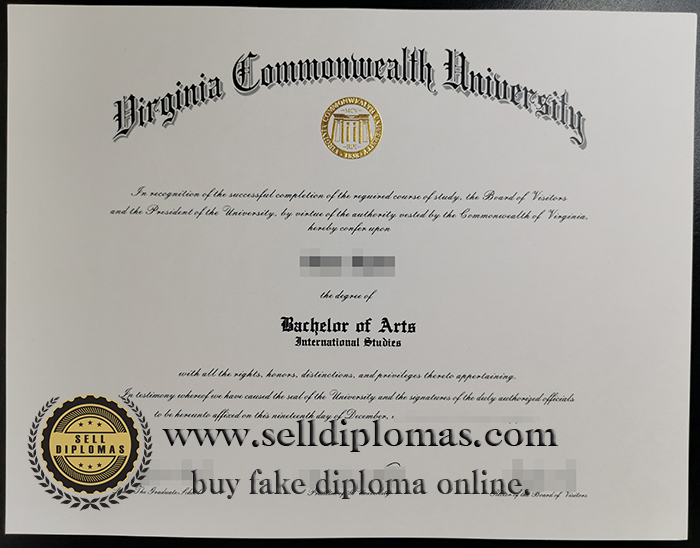
how to buy Virginia Commonwealth University certificate Bachelor’s degree?where to buy Virginia Commonwealth University diploma certificate Bachelor’s degree?buy Virginia Commonwealth University fake diploma certificate Bachelor’s degree
Virginia Commonwealth University (VCU) is a public research university in Richmond, Virginia. VCU was founded in 1838 as the medical department of Hampden–Sydney College, becoming the Medical College of Virginia in 1854. In 1968, the Virginia General Assembly merged MCV with the Richmond Professional Institute, founded in 1917, to create Virginia Commonwealth University. In 2022, more than 28,000 students pursued 217 degree and certificate programs through VCU’s 11 schools and three colleges. The VCU Health System supports health care education, research, and patient care. It was the only school in the South to have graduated a class every year during the Civil War.
VCU had a record $464 million in sponsored research funding in the fiscal year 2023 and is classified among “R1: Doctoral Universities – Very high research activity”. VCU’s athletic teams compete in NCAA Division I and are collectively known as the VCU Rams. They are members of the Atlantic 10 Conference. The VCU campus includes historic buildings such as the Ginter House, now used by the school’s provost.
VCU’s history began in 1838 when the Medical Department of Hampden-Sydney College opened in Richmond. In 1844, it moved into its first permanent home, the Egyptian Building. In 1854, the Medical Department of Hampden–Sydney College received an independent charter from the Virginia General Assembly and became the Medical College of Virginia (MCV). A few years later in 1860, MCV conveyed all its property to the Commonwealth of Virginia and becomes a state institution in exchange for $30,000.
As the Civil War began, Richmond became a focal point for battle and politics. After a long siege, Ulysses S. Grant captured Petersburg and Richmond in early April 1865. As the fall of Petersburg became imminent, on Evacuation Sunday (April 2), President Davis, his Cabinet, and the Confederate defenders abandoned Richmond and fled south. The retreating soldiers were under orders to set fire to bridges, the armory, and supply warehouses as they left. The fire in the largely abandoned city spread out of control, and along with Union shelling, large parts of Richmond, and virtually all MCV buildings, were destroyed. The city surrendered the next day; Union troops put out the raging fires in the city. Because of the worthless Confederate currency and high inflation, the medical school sold its ambulance horse for enough money to continue operation.
After the Civil War MCV participated significantly in medical advances, including in anesthesia and antisepsis.In 1893, the College of Physicians and Surgeons, later University College of Medicine, was established by Hunter Holmes McGuire, Stonewall Jackson’s friend and personal Doctor who had amputated Jackson’s arm, just three blocks away from MCV. In 1912, McGuire Hall opened as the new home of the University College of Medicine. The following year, MCV and UCM merged through the efforts of George Ben Johnston and Stuart McGuire. MCV acquired the Memorial Hospital as a result of the merger.
Richmond Professional Institute traces its roots back to 1917, when it began as the Richmond School of Social Work and Public Health. In 1925, it became the Richmond division of The College of William & Mary. In 1939, this division became the Richmond Professional Institute of The College of William & Mary” (RPI). In 1947, the MCV Foundation was incorporated, and in 1962 RPI separated from William & Mary to become an independent state institution. Then in 1968, state legislation (Wayne Commission Report) merged MCV and RPI to become Virginia Commonwealth University. Descendant of Thomas Jefferson, Pulitzer Prize winner and editor of the Richmond Times-Dispatch, Virginius Dabney was named the first Rector of VCU and went on to write Virginia Commonwealth University: A Sesquicentennial History.



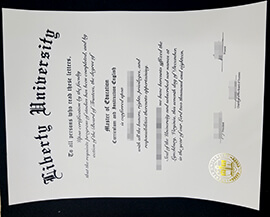
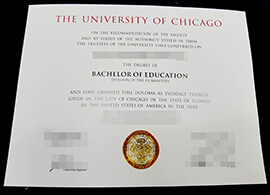
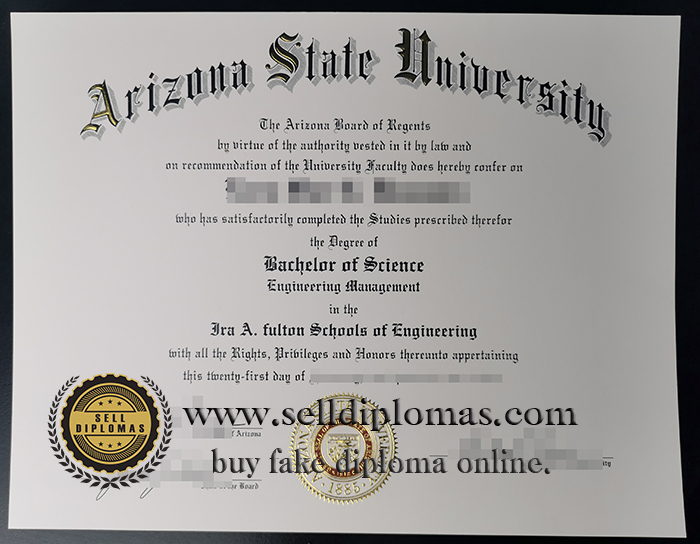
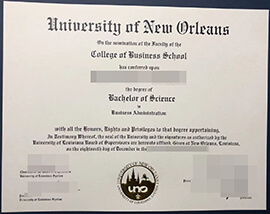

 WeChat Code
WeChat Code  WhatsApp Code
WhatsApp Code